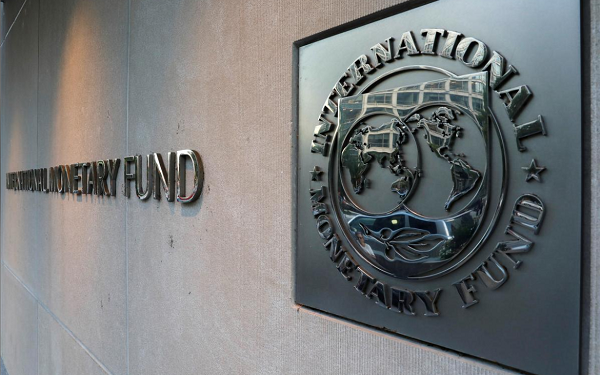Nigeria’s oil, gas exports to fall by $26.6b, says IMF

The drop of Nigeria’s oil and gas export caused by COVID-19 pandemic will lead to the loss of $26.5 billion, the International Monetary Fund (IFM) has said.
A released transcript of the video conference calls between the global financial institution team and Vice President Yemi Osinbajo shows Fund officials explaining that the sharp fall in international oil prices and reduced global demand for Nigeria’s oil products have worsened the fiscal and external positions.
It said the oil and gas exports (84 per cent of total exports) are expected to fall by more than $26.5 billion.
The Fund also asked for unification of all Nigeria’s exchange rates to the Investors’ and Exporters’ (I&E) Forex Window rate and advised the authorities to urgently present a supplementary budget to parliament, reflecting the oil revenue shortfall, higher health spending and an additional targeted and temporary package to protect the businesses and households impacted by the COVID-19 pandemic, particularly in view of the large size of the informal sector which it estimated at 60 per cent.
Led its Head in Nigeria Amine Mati, the IMF team said the economy would contract by almost 3.5 per cent in 2020, representing a six-percentage point drop relative to pre-COVID-19 projections, pointing out that the already high downside risks—particularly from sharper and protracted falls in oil prices, a declining oil production from future OPEC caps, or inability to sell oil cargoes, and more protracted disruptions to economic activities due to a more expansive effect of the pandemic—have heightened.
The official said the country faces an immediate balance of payments need, given the sharp contraction in oil prices and the COVID-19 pandemic, which, if not addressed, in its opinion, would result in immediate and severe economic disruption.
“There is also a high degree of uncertainty on the duration and scale of the COVID-19 impact, which imply that an upper credit tranche (UCT) quality programme cannot be quickly put in place,” the IFM chief said.

